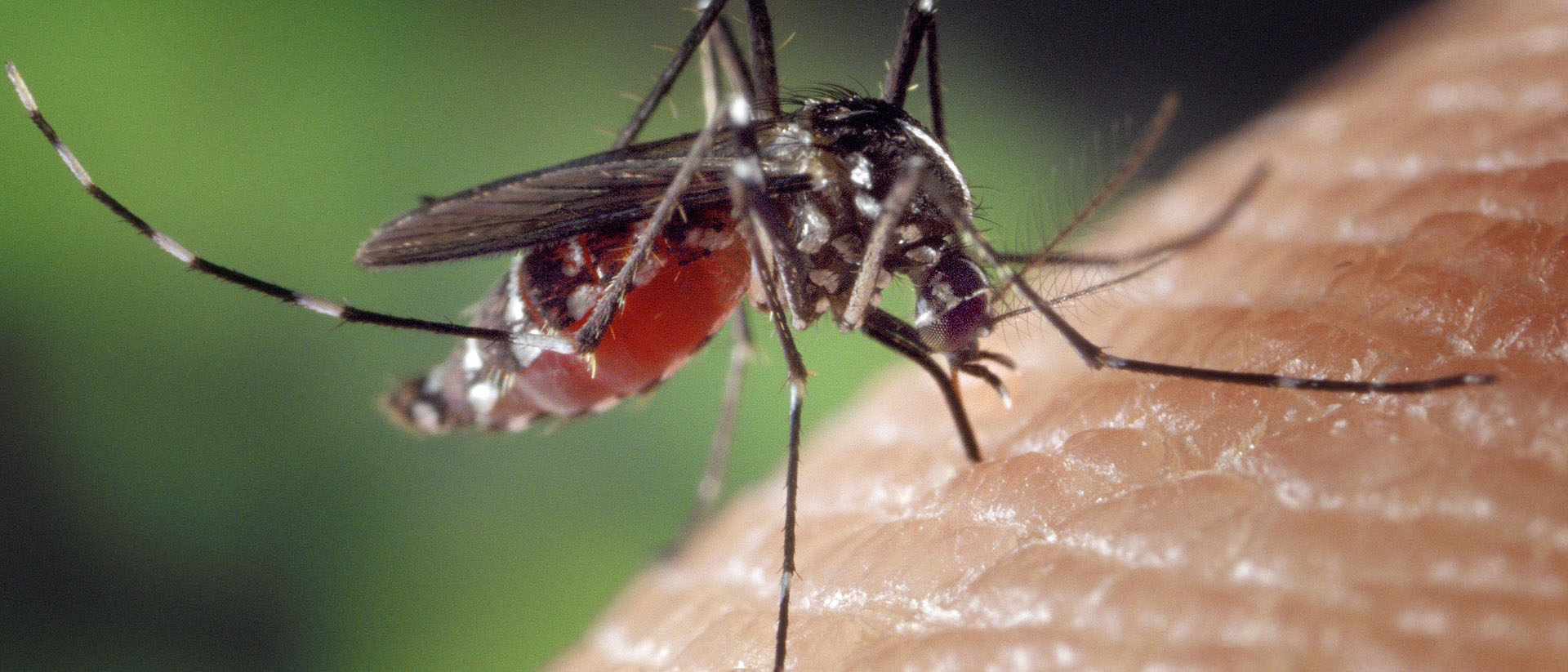
Photo by Pixabay.
Name of the Asset | Evaluating the Impact of Micro-Franchising the Distribution of Anti-Malarial Drugs in Kenya on Malaria Mortality and Morbidity
Type of Asset | Working Paper
Date | September 2009
Summary
The severity of malaria cannot be over-emphasized. The World Health Organization (WHO) estimates that at least 40% of the world population is at risk of malaria. This study examines a Kenyan government program that increases access to effective anti-malaria drugs to the rural poor to improve malaria morbidity and mortality.
Using the difference-in-difference method, with longitudinal data from January 2004 to December 2007, the study attempts to evaluate the effectiveness of the program with a view to recommending it as a model for the distribution of other drugs, and for replication in other countries.
The main results show that following the introduction of the program, malaria morbidity significantly declined by about 247 cases on average or six percent in the sub-locations with all their borders within five km to the nearest outlet (CFW-shop) providing anti-malaria treatment. The impact is, however, less for when patients have to walk longer distances to access the drugs. Program impact on mortality is insignificant.
Authors:
- Anne Kamau, Kenyatta University, Kenya.
- Evan Mathenge, Kenya Medical Research Institute (KEMRI), Kenya
- Jacob Oduor, Kenyatta University, Kenya
Country and/or Region | Kenya
Name of the Program | GDN’s Global Research Project on ‘Promoting Innovative Programs from the Developing World: Towards Realizing the Health MDGs in Africa and Asia’
Funder(s) | The Bill & Melinda Gates Foundation, United States
Download the Full Study here
If you cite this resource, please notify communications@gdn.int with the subject line 'GDN citation'.





